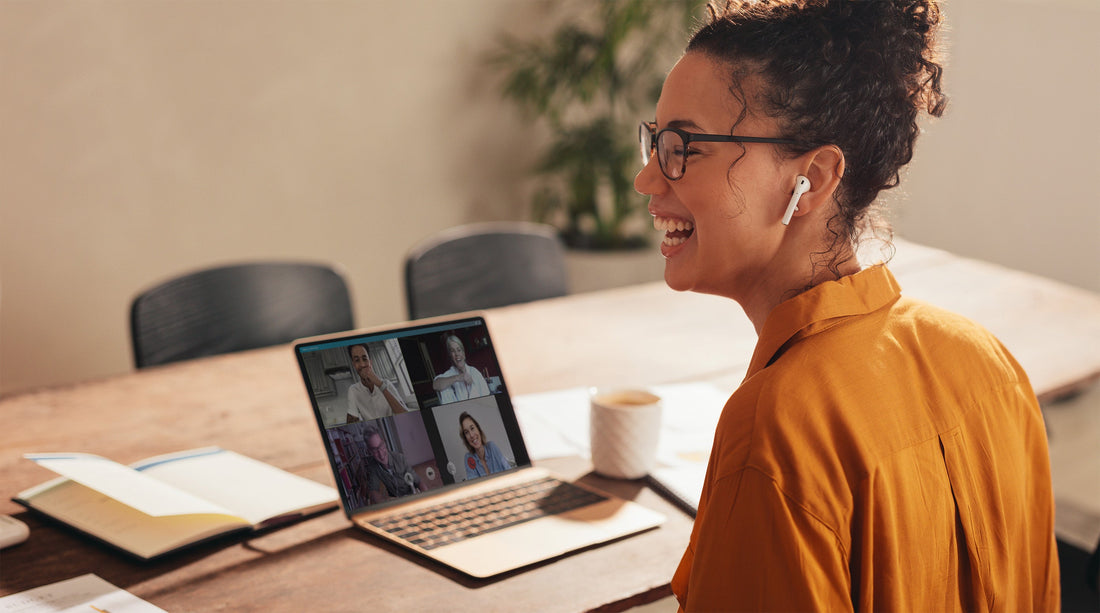
Blue Light Glasses: Do They Really Work?
Share
In our screen-heavy world, it’s no surprise that more people are experiencing eye discomfort, headaches, and disrupted sleep patterns. Enter blue light glasses — a popular solution that’s taken the eyewear market by storm. But the big question remains: do they really work?
Let’s dive into what blue light glasses are, how they function, and whether they're worth adding to your eyewear lineup.
What Is Blue Light?
Blue light is a high-energy, short-wavelength light that's emitted naturally by the sun and artificially by screens — think computers, smartphones, tablets, and even LED lighting. While exposure to natural blue light during the day helps regulate our sleep-wake cycle, too much artificial blue light (especially at night) can throw our bodies off balance.
What Are Blue Light Glasses?
Blue light glasses have lenses that are specially coated to filter or block a portion of blue light emitted by digital screens. Some lenses have a subtle yellow tint, while others are clear with an anti-reflective coating. They’re designed to reduce the potential effects of blue light exposure, which may include:
-
Eye strain and fatigue
-
Blurred vision
-
Headaches
-
Trouble falling asleep
Do They Actually Work?
Here’s what the science and user experience say:
What They Help With
-
Digital Eye Strain: Many users report reduced eye discomfort after long hours in front of screens. While studies are mixed, there is some evidence suggesting that blue light lenses can ease symptoms of computer vision syndrome.
-
Sleep Quality: Blue light disrupts melatonin production — the hormone that signals it’s time to sleep. Some small studies indicate that wearing blue light glasses in the evening may improve sleep patterns, especially if you're using devices before bed.
What They Don’t Do
-
They don’t fix vision issues like nearsightedness or astigmatism (you’ll still need your regular prescription lenses).
-
They’re not a cure-all for headaches — if you’re experiencing chronic discomfort, an eye exam is the first step.
Who Should Consider Blue Light Glasses?
Blue light glasses might be a good fit for:
-
Office workers or remote employees who stare at screens for 6+ hours a day
-
Students juggling online classes and homework
-
Gamers or streamers with long digital sessions
-
Anyone who scrolls through their phone before bed
Are They Worth Buying?
If you:
-
Spend several hours a day on screens
-
Experience frequent eye fatigue
-
Want to protect your sleep quality
...then yes, investing in blue light glasses can be a smart, affordable
